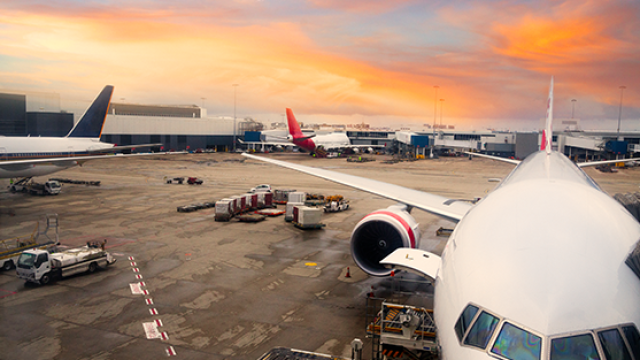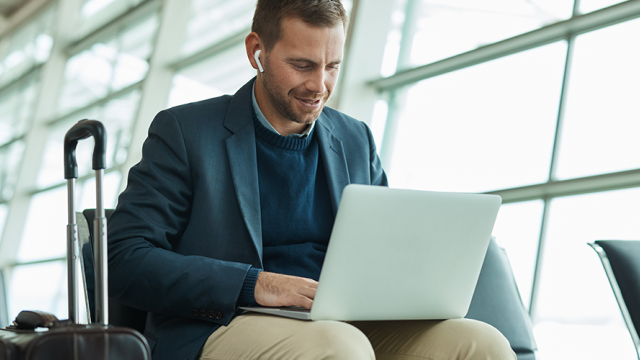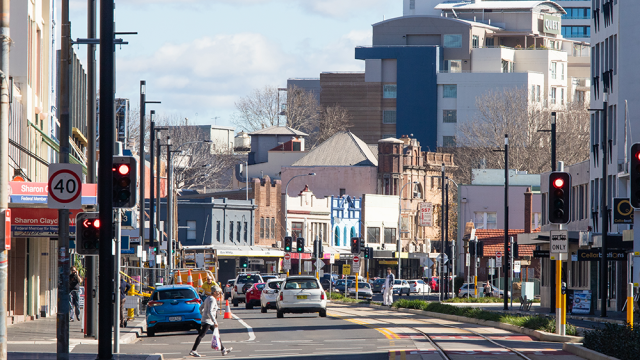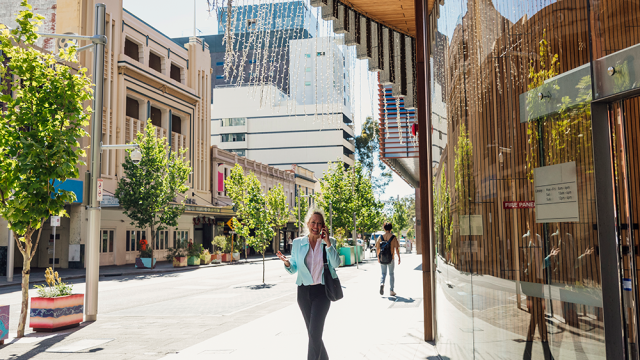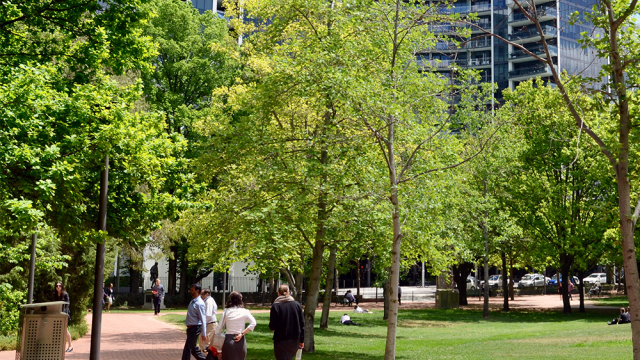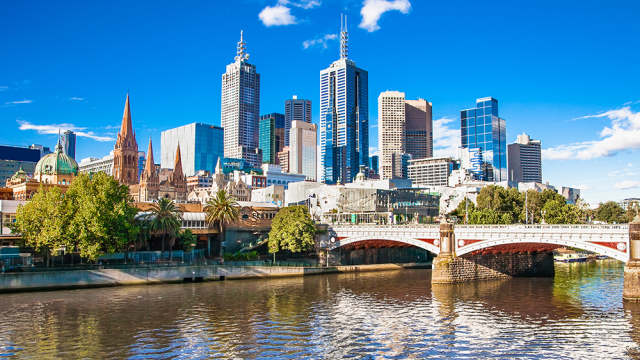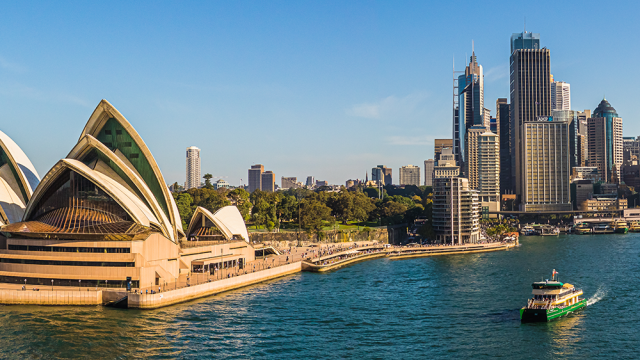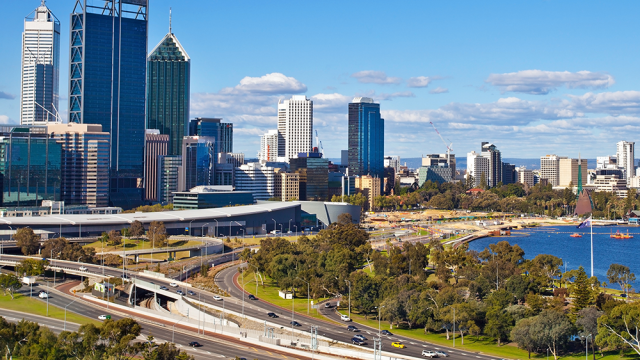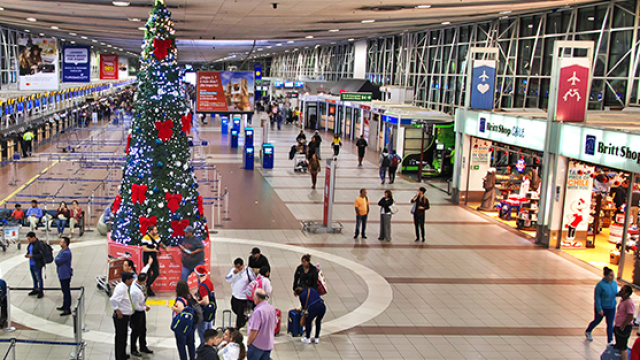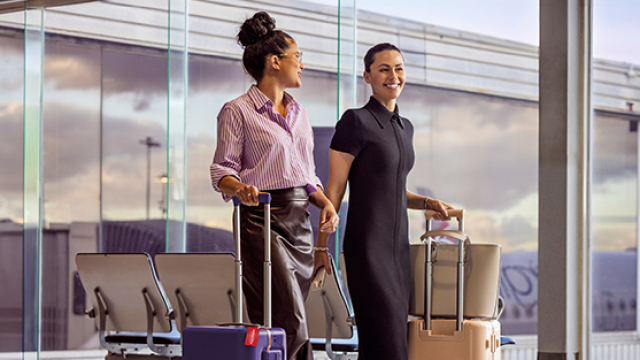Resource Hub
Get the latest news and insights into travel management, travel technology and all things CT.
Latest stories
Travel Tips
|
6 min read
Trends
|
2 min read
6 min read
Case Studies
Top topics
Travel Tips
|
6 min read
Trends
|
2 min read
6 min read
7 min read
9 min read
11 min read
9 min read
8 min read
Trends
|
4 min read
Travel Policy
|
3 min read
Trends
|
6 min read
Trends
|
3 min read





